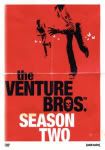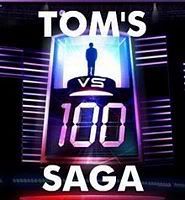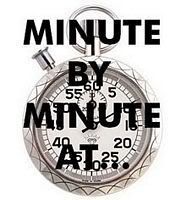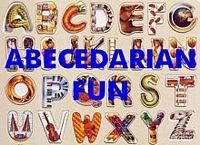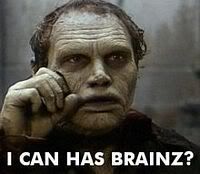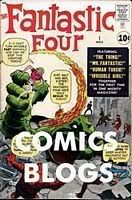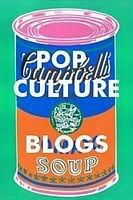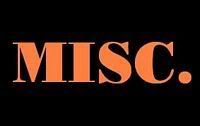MOVIES: Garden State
When Garden State is good, it's wonderful. Unfortunately, it's only good about half the time.
Where it starts becoming wonderful is when Zach Braff meets Natalie Portman. Until that moment, Garden State has been interesting, if not overwhelming. Braff plays Andrew Largeman, a mildly successful L.A. actor making a living between gigs as a waiter. He exists in a numb daze created by the many medications prescribed by his psychiatrist father, medications he's been on most of his life. When his mother dies, Andrew goes back home to New Jersey to attend her funeral, meets old friends, and stirs up bitter memories in his father, who blames Andrew for the accident which turned Andrew's mother into a paraplegic.
Andrew's emotionless existence is conveyed very well. Braff's expressive face and exuberance is reined to a halt; we see the world racing past him without even making a ripple. But when he goes back home, he leaves his meds behind, and slowly he, and the world around him, become alive.
Then he meets Sam (Natalie Portman) in a neurologist's office, and the film also becomes alive.
Sam is a compulsive liar, but she sweetly admits and apologizes for her lies afterward. She's also a bundle of energy, and the first day she spends with Andrew is exhilarating to behold. She displays all of the natural charm, joy, humor, and vulnerability George Lucas has managed to bludgeon out of her in recent years. During a quiet moment she blurts out that she's not going to make out with Andrew; she advises him to kick her aggressive dogs in the balls; she performs an impromptu tap dance; and in the film's best, funniest, most touching scene, while burying her pet hamster, she feels all the pain and sorrow for Andrew's mother's death that he is unable to feel himself.
It's a tremendous first half of a film. But ironically, as Andrew more fully wakes up from his medicated haze, the film begins to go to sleep. His newfound awareness is portrayed in a most ham-fisted manner, pounding home cliched and uninsightful discoveries about life, while Natalie Portman's astonishingly original character is reduced to little more than a weepy crutch for Andrew. And Ian Holm as Andrew's father is criminally wasted in an underused and underwritten role. I kept waiting for Holm to display some emotion, to experience some kind of development, to have one powerful scene. But when the long-awaited confrontation between father and son finally comes, Holm just sits there and absorbs Braff's words, like a garage door for Braff to hit tennis balls off of. This is the most glaring evidence of Braff's novice status as a writer, a director, and an actor; a more seasoned, more confident individual would've acknowledged that Holm could act him right off the goddam screen, and would have given him the room to do so.
Garden State has a number of fine moments, from oddball but believable characters (like the guy who made a fortune from the invention of silent Velcro), to striking visuals, to small, truthful moments of humor and poignancy. But for the most part, they're confined to the first hour. The second half just drifts. That it doesn't result in a bad film overall is a testament to the goodwill generated by Braff in the early stages. But it does leave you wondering, and lamenting, how great it could have been, instead of just averaging out to pretty good.
Labels: Movies, Zach Braff



